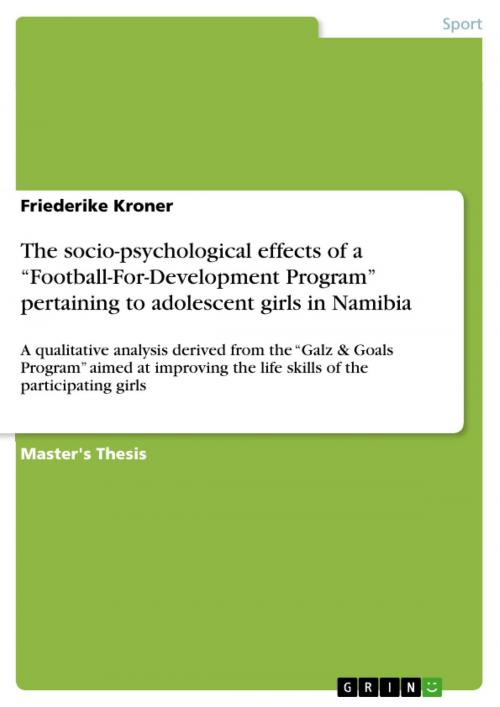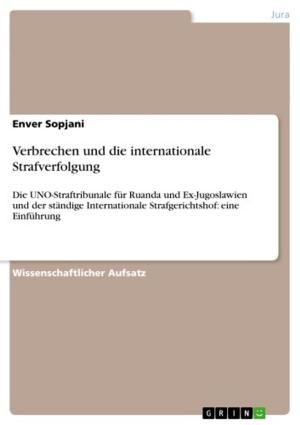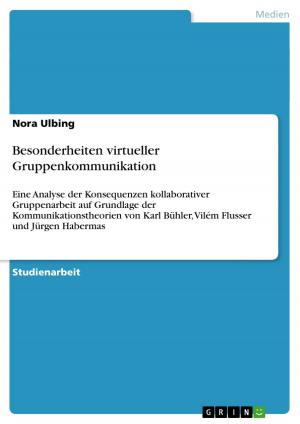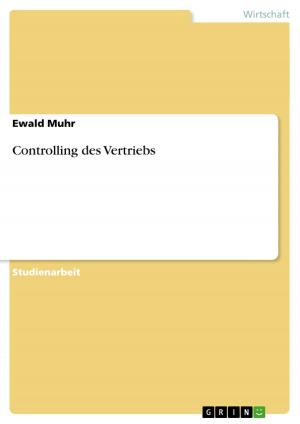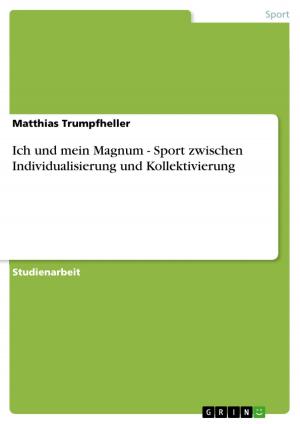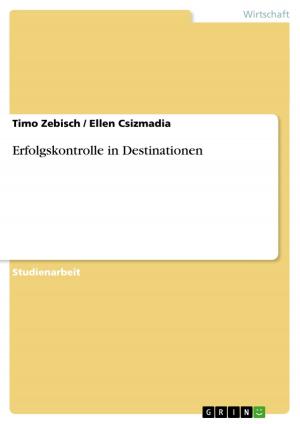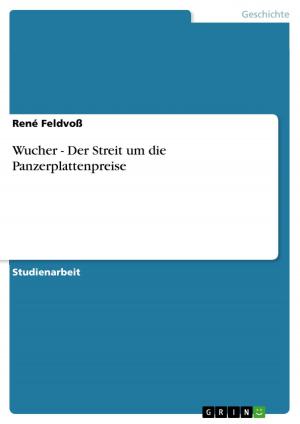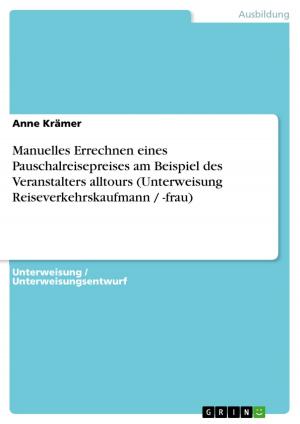The socio-psychological effects of a 'Football-For-Development Program' pertaining to adolescent girls in Namibia
A qualitative analysis derived from the 'Galz & Goals Program' aimed at improving the life skills of the participating girls
Nonfiction, Sports| Author: | Friederike Kroner | ISBN: | 9783668151499 |
| Publisher: | GRIN Verlag | Publication: | February 16, 2016 |
| Imprint: | GRIN Verlag | Language: | English |
| Author: | Friederike Kroner |
| ISBN: | 9783668151499 |
| Publisher: | GRIN Verlag |
| Publication: | February 16, 2016 |
| Imprint: | GRIN Verlag |
| Language: | English |
Master's Thesis from the year 2015 in the subject Sport - Miscellaneous, grade: 1,3, Sport Academy Cologne (Institute of European Sport Development and Leisure Studies), course: Sportentwicklung, language: English, abstract: The aim of this study was to examine the effects of a football program for adolescent girls with the aim of developing life skills. For this purpose, experiences made during the program, attitudes toward and knowledge about life skills and their transfer, as well as any impacts made on the girls' lives were explored. Face-to-face interviews were conducted with six young girls who were participating in the Galz & Goals program in Namibia. Data was transcribed verbatim and coded. A qualitative content analysis revealed four dimensions: experiences and attitudes, knowledge, influences, and external assets. The program was generally perceived positively and allowed an overall empowerment of the girls to be concluded. A positive youth development is promoted by learning healthy habits and becoming physically fit, as well as obtaining psychological attributes and learning specific skills. To a certain extent, developed life skills were transferred to other life domains. The participants indicated a development of life skills such as communication, teamwork, decision-making, emotion management, morality, self-confidence, self-belief, self-love, respect, goal setting, future focus, self-identity and a hard work ethic. Altogether, it can be said that Galz & Goals changed most of the girls' lives by teaching them skills for life and health, keeping them away from bad influences or negative social environments, and even supporting some of their families and creating new opportunities for their children. To improve the effectiveness of the program, more emphasis should be assigned to direct teaching strategies for life skills. Furthermore, the coaches should be better trained about teaching life skills and parents should be involved more pro-actively. Finally, a safe environment within the program has to be ensured.
Master's Thesis from the year 2015 in the subject Sport - Miscellaneous, grade: 1,3, Sport Academy Cologne (Institute of European Sport Development and Leisure Studies), course: Sportentwicklung, language: English, abstract: The aim of this study was to examine the effects of a football program for adolescent girls with the aim of developing life skills. For this purpose, experiences made during the program, attitudes toward and knowledge about life skills and their transfer, as well as any impacts made on the girls' lives were explored. Face-to-face interviews were conducted with six young girls who were participating in the Galz & Goals program in Namibia. Data was transcribed verbatim and coded. A qualitative content analysis revealed four dimensions: experiences and attitudes, knowledge, influences, and external assets. The program was generally perceived positively and allowed an overall empowerment of the girls to be concluded. A positive youth development is promoted by learning healthy habits and becoming physically fit, as well as obtaining psychological attributes and learning specific skills. To a certain extent, developed life skills were transferred to other life domains. The participants indicated a development of life skills such as communication, teamwork, decision-making, emotion management, morality, self-confidence, self-belief, self-love, respect, goal setting, future focus, self-identity and a hard work ethic. Altogether, it can be said that Galz & Goals changed most of the girls' lives by teaching them skills for life and health, keeping them away from bad influences or negative social environments, and even supporting some of their families and creating new opportunities for their children. To improve the effectiveness of the program, more emphasis should be assigned to direct teaching strategies for life skills. Furthermore, the coaches should be better trained about teaching life skills and parents should be involved more pro-actively. Finally, a safe environment within the program has to be ensured.
